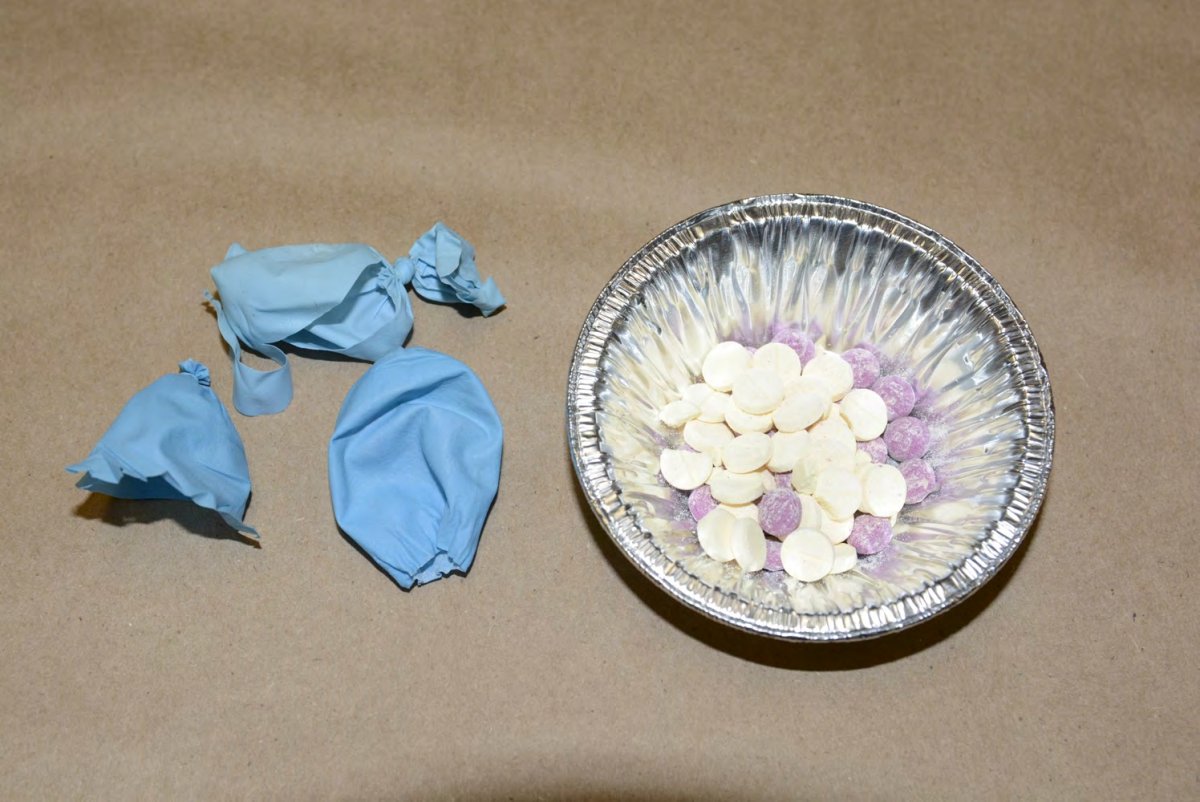Four new addictions nurses will soon be part of the health-care team at Hamilton’s Barton Street jail.

That’s according to Hamilton-Wentworth detention centre nurse Debbie Heiliger, who is testifying at a coroner’s inquest exploring the circumstances surrounding the deaths of Marty Tykoliz, 38, in May 2014, and seven other inmates at the Barton Street jail.
She testified about her response to a “code white” involving Tykoliz.
Heiliger also spoke about what has changed since that time. The number of overdoses at the jail is “growing,” she told the jury, specifically in relation to opioids.
Adding more nurses is a proactive, preventative approach that Heiliger believes will help.
“We’re there to save lives, we save a lot of lives,” Hamilton-Wentworth detention centre nurse Veronica Chris-Ike testified earlier in the inquest.
But retention is a challenge, she stressed. The addition of an overnight nurse in 2017, “has helped tremendously,” she said. In May 2014, when Tykoliz overdosed and returned to the institution from hospital, there was no overnight nurse.
Heiliger told the inquest, staffing is just one change that has been made in response to opioid overdoses.
Within the last year, she says the admissions office that screens incoming inmates has received new urine test kits that detect the potent opioid fentanyl. The other screening tests have their limits, she explained. They are used to detect substances such as methadone and cocaine, without providing a specific reading. It only indicates whether or not the drug is present.
Generally, she explained to the inquest, those results are not shared with correctional staff, but stronger drugs like fentanyl may deem it necessary due to the higher risk of overdose.
Mary-Lou Mackie-Tomlin, a sergeant at the Hamilton-Wentworth Detention centre, testified on Wednesday that a webinar on opiates and e-learning courses have been introduced to better educate staff.
The inquest heard Thursday, however, that at least one sergeant has no recollection of completing an opioid information course in 2017 despite it being listed in an official training log through the jail. It was unclear if it related to administering the opioid overdose-reversing drug naloxone. That was something, the jury heard, that was part of efforts to revive Tykoliz, more than once.
Naloxone is a tool that has recently been made available to sergeants in the event they suspect an overdose. Sgt. Carter Yule said in that instance he would defer to a nurse because of his comfort level.
Cracks in communication
In examining the circumstances surrounding the death of Tykoliz, much has been presented to the jury in terms of the flow of information when an inmate is transferred to hospital and subsequently discharged. Multiple witnesses addressed the issue of paperwork, more specifically a form that is filled out in part by the health-care staff at the jail and then sent off to the hospital to provide more details about the reason for the inmate’s visit. On May 5, 2014, Tykoliz was on his way to Hamilton General.
Heiliger, having responded to the code white, documented low blood pressure, pulse and oxygen. She told the inquest that she also noted Narcan was administered to Tykoliz on the health-care consultation form that was bound for hospital in the hands of a correctional officer.
Dr. John Crossley, who provided care to Tykoliz upon arrival at the hospital, told the jury it’s not something he remembers getting. Health-care staff at the jail, including Heiliger, have testified that they rely on the directives written on that form upon the discharge of an inmate and that sometimes the form returns and sometimes it doesn’t.
This six-week inquest will examine eight inmate deaths in connection to drug toxicity. Upon completion a jury is able recommendations aimed at preventing similar deaths.








Comments